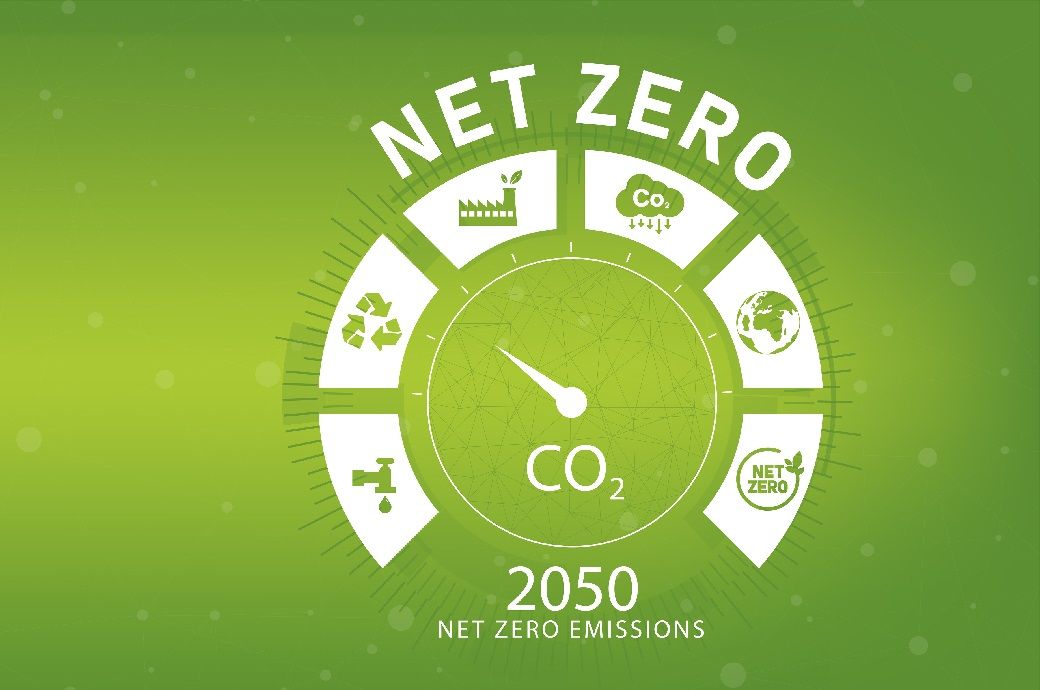
NZECA comprises five founding members and three affiliates from diverse regions including Europe, the Middle East, and North America. These agencies, which include notable entities like Svensk Exportkredit (SEK) and EKN from Sweden, the UK's Export Finance, and Export Development Canada (EDC), played a crucial role in supporting global trade, estimated at US$120 billion in 2022 alone. The export credit industry is a major player in international trade, influencing up to $28 trillion—or 80 to 90 per cent—of it globally, the UNEP said in a press release.
The founding members have pledged to align their operational and greenhouse gas emissions with net-zero pathways by mid-century, aiming for CO2 emissions to reach net zero by 2050. They have also committed to ending new direct support for the fossil fuel energy sector by the end of 2024. This aligns with the commitments made by 39 countries and development agencies in Glasgow in 2021.
Affiliate members, including KazakhExport, Etihad Credit Export Insurance from the UAE, and Spain's Cesce, are committed to supporting the goal of net-zero greenhouse gas emissions and ensuring a just transition. They will benefit from knowledge sharing with leading Export Credit Agencies to accelerate their journey to net zero.
Managed by a UNEP FI-based secretariat, the NZECA aligns its governance and accountability mechanisms with other UNEP FI-convened alliances. Its role complements existing networks and national commitments, enhancing collaborative efforts in the financial sector. Additionally, the Alliance has a dedicated work track for climate solutions and transition finance, with some members committing significant funds towards green technologies.
“Public finance has been the missing piece in the net-zero financial landscape,” said Inger Andersen, executive director of UNEP. “Export credit agencies are in a strong position to deliver more sustainable global trade and to complement the work already being undertaken by the private finance sector, helping to address market gaps to deliver net-zero economies by 2050. This alliance will play an important role in supporting tangible economic transition and help countries implement their commitments under the Paris Agreement.”
Fibre2Fashion News Desk (DP)